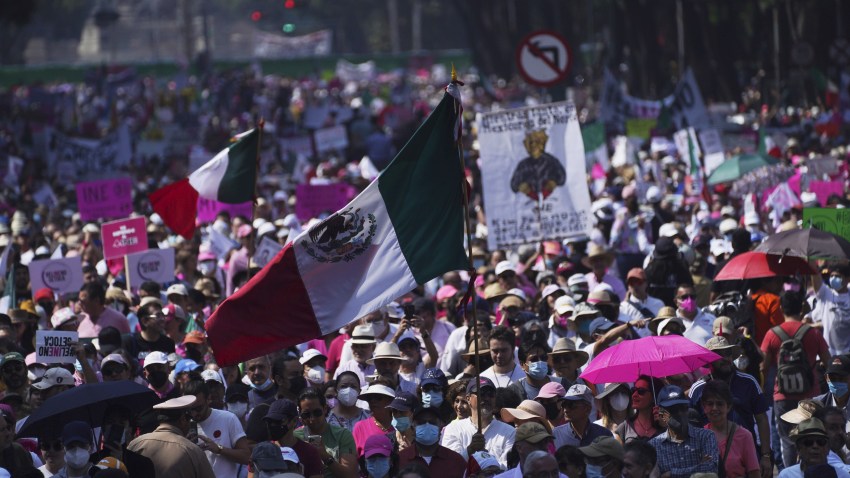Mexico’s Congress voted yesterday to reject the most sweeping reform of the country’s electoral system since Mexico’s democratic consolidation at the turn of the century. Proposed in April by President Andres Manuel Lopez Obrador—or AMLO, as he is known—the reforms triggered massive protests last month, followed by a counter-demonstration of AMLO’s supporters.
Though the expansive version of the reforms has now been defeated, AMLO has already presented a more modest package to Congress. More generally, the episode highlights several features of AMLO’s presidency that will continue to present challenges to Mexico’s democracy.
As drafted, the defeated proposal would have entailed changes to the Constitution, requiring the approval of a two-thirds majority in both the Chamber of Deputies and the Senate, as well as by the majority of state congresses. That was always unlikely given the current distribution of seats for AMLO’s ruling Morena party and its allies. The diluted version will not entail changes to the constitution and will only require approval by a simple majority in Congress.

